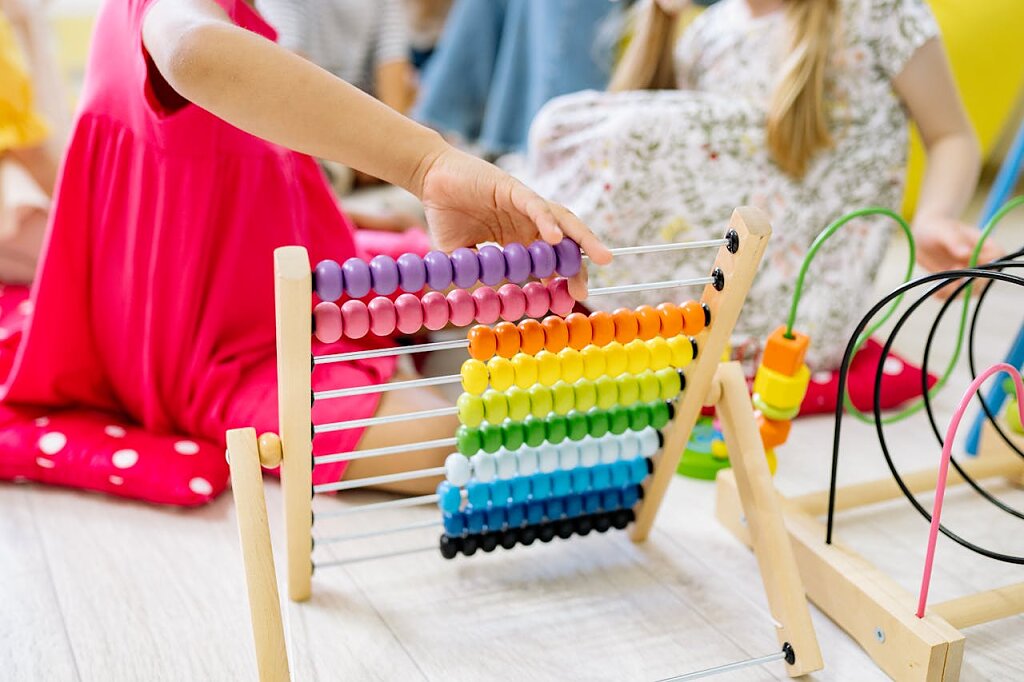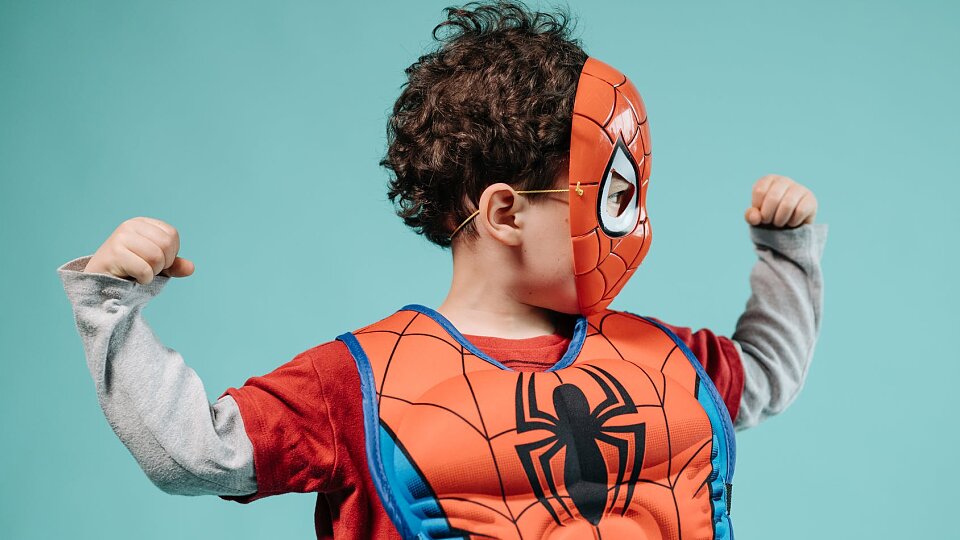Supporting disabilities seen and unseen
When a child develops a scab on their knee from a fall off their bicycle or a broken arm from attempting WWE stunts on the couch, people can visibly see their hurts on the outside. Children who have orthopedic challenges, limb differences, Down syndrome or cerebral palsy may also have visible disabilities others can easily see.
But there are many disabilities others cannot easily see because they are on the inside of a person. Things like ADHD, anxiety, autism, Crohn’s disease, spina bifida and congenital heart defects are just a few disabilities children or adults may suffer from. However, there can be additional suffering just from feeling unseen.
How can we develop empathy for people who have disabilities invisible to our eyes?
“By faith we understand that the universe was formed at God’s command, so that what is seen was not made out of what was visible.” – Hebrews 11:3
Faith is something we can’t always see in tangible ways. This can be the first step to developing empathy for learning about disabilities people face in this world. Just because you can’t see a person’s internal struggles doesn’t mean they don’t exist, right?
Everyone you pass on the street likely faces adversity in their life. While adversity has many layers and levels, for human beings battling disabilities, everyday adversities can become additional trauma that requires coping skills and ongoing advocacy and education to get needs met.
“For you created my inmost being; you knit me together in my mother’s womb. I praise you because I am fearfully and wonderfully made; your works are wonderful, I know that full well. My frame was not hidden from you when I was made in the secret place, when I was woven together in the depths of the earth. Your eyes saw my unformed body; all the days ordained for me were written in your book before one of them came to be.” – Psalm 139:13-16
Each person is precious. That’s what God intended when he created us. However, people experiencing the impact of an invisible disability may not always feel precious.

For example, children with a dyslexia diagnosis may develop anxiety because they feel behind in reading compared to their peers. Students with dyscalculia, a learning disorder that affects the ability to understand numerical-based information, may have similar struggles throughout their academic lives and into adulthood.
While these issues can affect children, it also weighs on families, particularly parents who may feel helpless or unprepared to advocate for services.
Support for families facing developmental disabilities and more
This month in Texas, it is Developmental Disabilities Awareness Month. While some disabilities manifest when children are older or even in adulthood, some disabilities form in utero and well before a child can communicate what’s wrong. What does this have to do with Buckner International? Everything.
We exist to protect children. We focus on vulnerable children because the Bible calls us to do so, but to best help children, who must we also focus on? The parents and families caring for children.
When a child is struggling developmentally in early childhood, this can put a great strain on a family. It may be difficult to pinpoint the issue or to even know who to ask for help. Should it be a doctor or teacher?
It’s OK parents may not know what to do if they suspect a possible disability affecting their child, and it’s OK to feel overwhelmed at not feeling prepared to learn about disabilities or investigate resources. Oftentimes the focus can become so narrow on treating the symptoms of a disability that those caring for the person with the prospective disability can push aside their own health needs. Mothers, does this sound familiar? We are wired to nurture and care for everyone but ourselves … but you can’t care for others if you don’t also care for yourself. Fathers are integral to this conversation, but research shows that most advocacy and caregiving falls to mothers.
You don't have to walk this journey alone
If you’re a mother, father, guardian or other family member invested in the village to help raise a child, there are resources available to help your family if you suspect a potential disability early on or even later in childhood.
At Buckner, we offer different prevention and early intervention (PEI) programs designed to help families in early childhood and beyond, such as Healthy Outcomes through Prevention and Early Support (HOPES) in Beaumont and Longview. We also have the Family and Youth Success (FAYS) program in Beaumont and the Rio Grande Valley to support entire families through conflict and overcoming challenges.
Our family coaches are trained to connect families to resources within our programs as well as services in the community. Buckner Family Hope Center® programs provide family strengthening through after-school programs, summer camps, and classes and community-building opportunities for parents.
This Developmental Disabilities Month, you are not alone. We see you. We want to help. The first step is reminding the person with a disability that they are precious, and so is the person caring for the individual with a disability. Human beings are not defined by their disability(ies).




Add a Comment